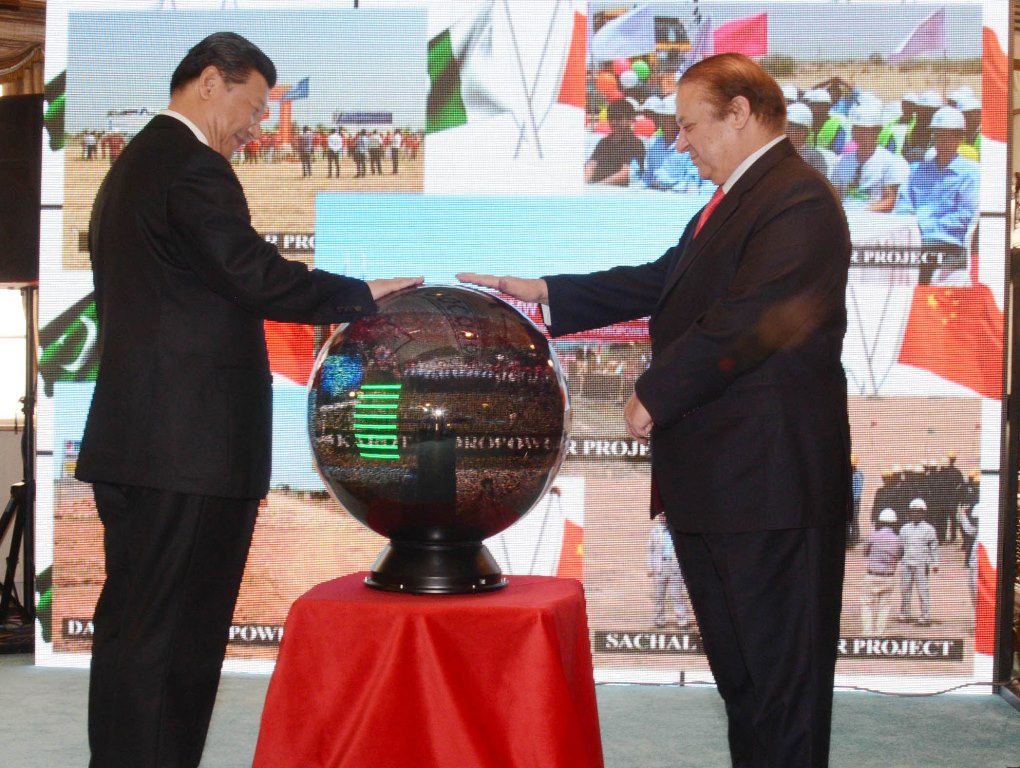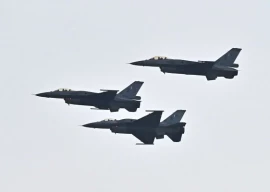

Yet members of parliament from Khyber-Pakhtunkhwa (K-P) and Balochistan argue that the CPEC offers an opportunity to correct the historical imbalance of infrastructure in Pakistan, where the smaller two provinces are largely unconnected to the economic heartland of the country and the wider region. Up until that point, we agree with their stance, and we are inclined to believe that the government agrees with them as well. Where we differ from them, however, is the hysterical nature of their complaints even after the government has tried to clarify the fact that the route is not going to bypass any part of Pakistan, though some parts will be served before others.
We do believe that the optimal solution would have been to build the western route of the CPEC first. Roads in K-P and Balochistan are in shambles and railways are non-existent. The security threat in those provinces is the product of the sense of economic deprivation that is prevalent in those parts of the country. Providing that infrastructure would go a long way towards creating a unified and prosperous Pakistan. However, the government’s stance is not unreasonable: given Beijing’s financing and sense of urgency, the most viable route needs to be constructed first. That happens to be the eastern route, not un-coincidentally because it already has a significant portion of the infrastructure needed.
Having said that, we do believe that the mistrust and hysteria could have been avoided had the government taken the concerns about the potential changes in the route seriously at the very outset and addressed the allegations being levelled at it. It is no secret that the ruling PML-N is a very Punjab-centric party that, in the past, has occasionally come across as indifferent to the needs or concerns of people from other parts of the country. And while in recent weeks, Planning Minister Ahsan Iqbal has been vociferously denying any changes in routes and clarifying the government’s plans, he has yet to provide a concrete deadline on when the government expects the western route of the CPEC to be built. That lack of timelines, more than anything else, is what has critics of the project worried, and rightfully so. When the matter first came up for debate, Senator Farhatullah Babar of K-P raised a valid point: once the eastern route becomes operational, it will create its own set of economic interest groups that may seek to prevent the construction of the western route. The only way to prevent this is by signalling a categorical commitment to building both sections of the CPEC and announcing clear deadlines for both. For a project as big as the CPEC, and potentially as game-changing for the economy, the nation cannot afford anything less than the utmost of clarity and professionalism.
Published in The Express Tribune, May 19th, 2015.
Like Opinion & Editorial on Facebook, follow @ETOpEd on Twitter to receive all updates on all our daily pieces.


















COMMENTS
Comments are moderated and generally will be posted if they are on-topic and not abusive.
For more information, please see our Comments FAQ